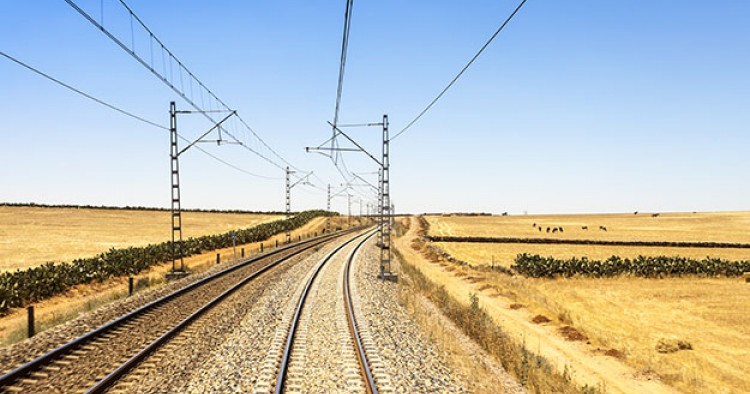Regional Cooperation Series
This Policy Paper is part of The Middle East Institute's Regional Cooperation Series. Throughout 2016, MEI will be releasing several policy papers by renowned scholars and experts exploring possibilities to foster regional cooperation across an array of sectors. The purpose is to highlight the myriad benefits and opportunities associated with regional cooperation, and the high costs of the continued business-as-usual model of competition and intense rivalry.
Summary
Infrastructure serves as one of the key tools available to enhance regional cooperation and build toward an integrated Middle East. Under the reign of the Ottoman Empire, the Middle East and North Africa was an integrated web of railways, arterial and trading routes, much of which has disappeared over the last century. A region unaccustomed to division has since fragmented, with each state erecting numerous barriers that hinder integration—from trade tariffs to poor customs services. The economic potential and benefits for the region as a whole lies within deeper integration. This paper explores feasible possibilities for short-term and long-term infrastructure integration across several key sectors: energy, I.C.T., transport and facilitation.
Key Findings
- The customs efficiency between MENA states and trade within the region are extremely low
- Adopting best practises for border customs procedures and upgrading facilities at borders are urgent priorities that will significantly reduce cost of trade between MENA states
- Energy integration, including linking electricity grids and building pipelines, is essential as energy demand for MENA is forecast to grow by an average annual rate of 4.5 percent by 2030
- War devastated countries such as Iraq, Syria and Yemen offer an opportunity for neighbors to rebuild infrastructure and integrate economies
- Iraq and Syria should look to integrate electricity and gas infrastructure in the reconstruction phase
The Middle East Institute (MEI) is an independent, non-partisan, non-for-profit, educational organization. It does not engage in advocacy and its scholars’ opinions are their own. MEI welcomes financial donations, but retains sole editorial control over its work and its publications reflect only the authors’ views. For a listing of MEI donors, please click here.














